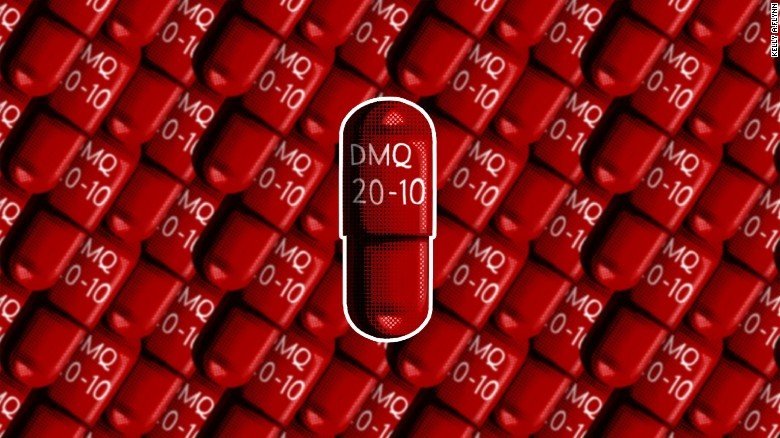Don’t feel bad if you’ve never heard the phrase, “drug kickback.” It’s part of the grey area in the pharmaceutical and medical world.
For decades pharmaceutical companies have worked with doctors to help develop new medications and promote them. And while it is “illegal to give kickbacks to a doctor to prescribe drugs,” said Charlie Ornstein, a senior editor for ProPublica—an independent, non-profit newsroom—“… it is legal to give money to doctors to help promote (a) drug. Some doctors make tens of thousands or hundreds of thousands of dollars a year… just working with the industry.”
And now drug manufacturer Avanir Pharmaceuticals is being investigated by CNN , who found the company may be paying doctors—and hospitals—kickbacks. These payments were made in order to get their Nuedexta drug into nursing homes as a treatment for dementia, the report alleges.
The kickbacks are one problem.
Another problem is the fact that Nuedexta is approved by the U.S. Food & Drug Administration for treating a condition linked to ALS and MS (pseudobulbar affect, or PBA—uncontrollable laughing or crying) but not as an ‘off-label’ treatment for dementia.

Unfortunately for Avanir, PBA is rare. So in order to increase sales, according to the CNN report, Nuedexta sales reps pushed the drug’s use among elderly patients with dementia and Alzheimer’s disease—which are both much more common ailments. The CNN investigation found that more than half of all Nuedexta pills since 2012 have gone to long-term care facilities, with a commensurate increase in sales volume of nearly 400% (data from QuintilesIMS, which tracks pharmaceutical sales.)
A report by NPR showed that physicians who received more than $5,000 in benefits from companies typically prescribed the highest percentage of brand-name drugs. This strongly suggests a direct relationship between payments and doctors altering their prescribing behavior.
FDA prescribing data shows Nuedexta’ s increasing use even though Avanir Pharmaceuticals themselves acknowledge that the drug has not been studied extensively for use in elderly patients. Only one study was conducted solely on patients with Alzheimer’s—and that study had only 194 subjects.
Avanir was, not surprisingly, interested in being interviewed about these allegations. They did email a statement stating that PBA is often ‘misunderstood.’
Side effects from the use of the drug with dementia patients include dizziness, rashes, falls, and comas. Furthermore, it is a violation of the law to promote a drug for anything other than for which it was approved by the FDA.
Interested in seeing whether your doctor—or the doctor for a loved one—is receiving drug company dollars? Check out the ProPublica tool Dollars for Docs—it has a search tool to research health professionals.
ProPublica’s Ornstein said, “When you go to your doctor, you trust that the doctor is giving the best medication for you…”
But big Pharma may have other interests in mind.
If you or a loved one have been injured by the use of an incorrect drug, the attorneys at Thomas and Pearl want to speak to you.
$150 MILLION in verdicts and settlements
 Thomas & Pearl attorneys have the skills and training, plus the financial resources necessary to conduct a thorough medical investigation. Medical records, physician prescribing practices, and medical testimony are all part of what our experienced attorneys will gather.
Thomas & Pearl attorneys have the skills and training, plus the financial resources necessary to conduct a thorough medical investigation. Medical records, physician prescribing practices, and medical testimony are all part of what our experienced attorneys will gather.
Ask about the more than $150M (MILLION) dollars in recent and past jury verdicts and settlements we have gained for our clients.
We’ll evaluate your case situation with you, develop a strategy to win or successfully negotiate the highest amount of compensation for you.
Experienced legal help can make the difference between a successful resolution and losing.
And you pay nothing unless we get that successful resolution for you.
Contact Thomas & Pearl at any time.





